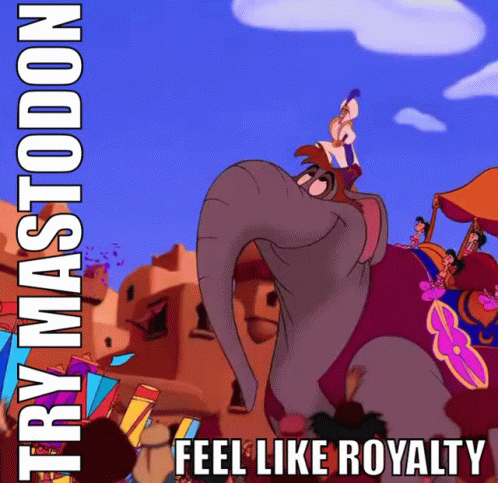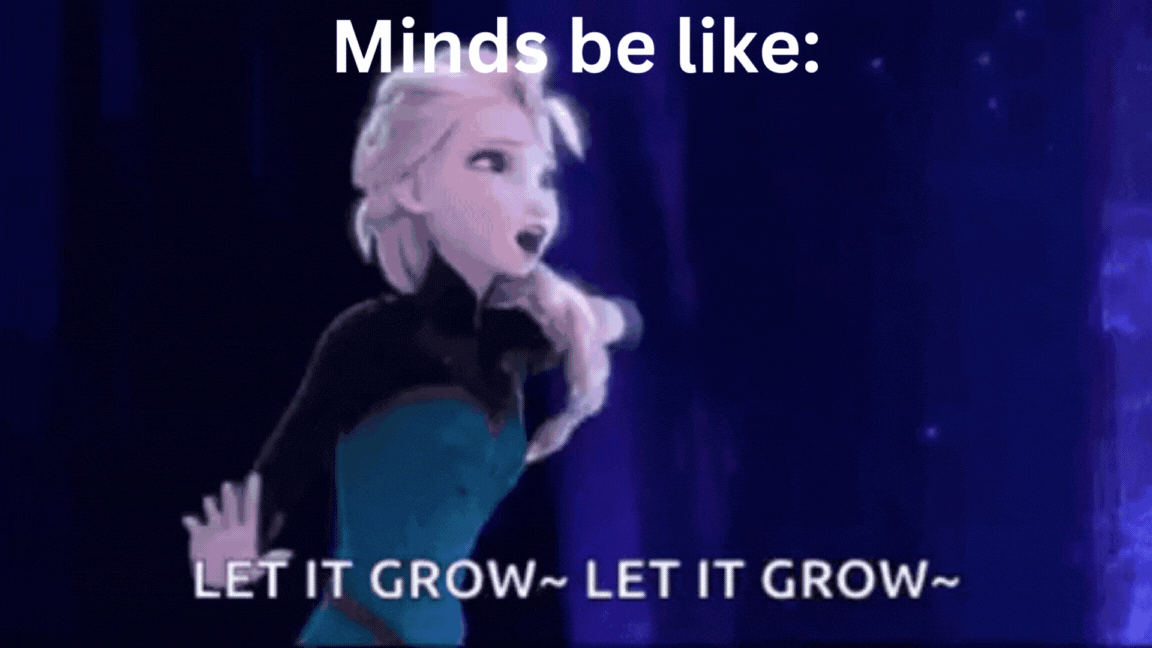Depending on how old you are, chances are the number of hours you spend each day on social media is almost as much as the number of hours you spend sleeping: Isn't it astonishing? That's 38 percent of your day scrolling through data controlled by centralized servers! Web2 social media platforms, which you and I are currently hooked up on and cannot do without, are solely governed by giant companies. They hold a hundred percent authority over our data and interactions. Needless to say, their censorship policies and their applications are rugged and way too restrictive. With so many shortcomings and limitations, could there be any better alternatives to them?
Turns out, Web 3.0 has more to offer when it comes to social media and networking. The platforms built on blockchain technology, with decentralization as its sole trait, overcome the aforementioned limitations, paving the way toward an ideal virtual experience.

Web3 technology is the future of the internet, and social media is no exception. The best part about Web3 social media is that they are not owned or controlled by any central authority. Instead, they use blockchain technology to provide more security and privacy to users. Due to the underlying blockchain technology, you get more control over your data, and they are more transparent than traditional social media platforms.
Whether you are a content creator or a consumer, or you do a tad bit of both, platforms like Minds, Sapiens, or Odysee have features that are user-oriented and designed to be profitable to all individuals who engage with them.
Web2 vs. Web3: Understanding the Differences
Out of all the Web2 social media platforms, Facebook, Twitter, Instagram, Snapchat, and YouTube are some of the buzzwords that we cannot seem to get over. However, their essentiality does not defy the fact that these platforms have failed their users multiple times with their advertisement policies, monetization policies, data security, privacy protection, and arbitrary restrictions. Sometimes, users stay on these platforms simply because they have to. In other words, there is a lack of alternatives.
But the scenario has been changing with the emergence of Web3 social sites. These are essentially sites that are built upon the blockchain network, addressing many of the issues of existing platforms, by default. Apart from that, they come with certain monetization, privacy, and interoperability policies benefitting everyone engaged. Here are some key points where Web3 social media differs from Web2 ones:
- Ownership and Control: With decentralized storage and encryption, users have the power to manage their own data and choose how it is shared or monetized.
- Monetization: Their innovative monetization models, enable creators to earn directly from their content through mechanisms such as cryptocurrency rewards and decentralized finance (DeFi) integration.
- Transparency and Trust: The decentralized nature of these platforms ensures the immutability and verifiability of data, reducing the risk of manipulation or censorship.
- Community Governance: Web3 platforms often embrace community governance models, allowing users to participate in decision-making processes.
Odysee
Odysee is a social media platform that focuses on video content and is built on blockchain technology. It is basically the decentralized version of YouTube. It provides users with the ability to share and discover videos while leveraging the benefits of decentralization and content monetization. The aim is to provide a fair and transparent environment for creators.
Like YouTube, Odysee lets its users share video content. But there's a catch! Since it is built on the blockchain network, the data on Odysee is immutable and the users have much more control over their content and data. While YouTube content creators solely rely on ads for monetization, Odessy creators receive direct value from their views. Besides that, Odessy allows higher interoperability, less to no censorship, and a better community-driven service just because of its decentralized property.
Gab
Gab is a social media platform holding a resemblance to Twitter and Reddit. It prioritizes free speech and is known for its commitment to protecting users' freedom of expression. It aims to provide an alternative to mainstream social media platforms that have faced criticism for their content moderation policies.
As political correctness becomes more mainstream, Gab has earned its own reputation for being chosen by right-wing activists to express their opinions. Unlike Twitter or similar Web2 platforms, Gab provides a better data ownership and security policy due to its decentralized building. However, Gab's bailing out of censorship and unrestrictive policies might induce more polarized views than one would expect.

Steemit
Steemit, like Reddit, is centred around user-generated content. Both platforms allow users to create posts, vote for them, share links, and engage in discussions with the community. The difference is that Steemit operates on a decentralized blockchain technology, allowing users more control over their data. That means you get lesser restrictions, censorship, more interoperability, and data immutability.
While Steemit resembles Reddit in terms of user-generated content, community engagement, and voting systems, it differentiates itself by incorporating blockchain technology and rewarding users with cryptocurrency tokens. These tokens provide a form of ownership and value for users' contributions, aligning with the principles of Web3 and offering potential financial incentives.
Mastodon
Mastodon is currently the most eligible open-source, decentralized alternative to Twitter out there. It has all the features of Twitter, minus the algorithm part. With a humungous user base, Mastodon has several servers known as instances, and users are obliged to choose to be a part of one that aligns with their interests. However, it does not restrict the interaction within the chosen instance because all the instances in the platform are connected to each other. The fun part is- anyone can create their own instance and build a community!

With that being said, each individual instance has some set of regulations that don't necessarily limit user activities within the platform. They are just applicable when you're using a particular instance. That is how Mastodon ensures freedom yet sets boundaries which, again, are nothing like the authoritative censorship rulings dictating the web2 social media.
Minds
Launched in 2015, Minds is a Twitter-like social media platform built on a decentralized Blockchain network. The platform allows following accounts, microblogging, and messaging options. Needless to mention, it offers an immutable and transparent means of communication because of its decentralized framework.
The interesting part of Minds is that it offers tokens for user engagement. The platform has specific tokens and allows users to use those tokens for several on-site activities. Earning Minds' tokens either require you to engage more with the platform and its contents or, buy them through your credit card.
Minds is also an open-source platform, encouraging developers to contribute to the source code. Although the censorship bar is lower and justified by the community, like many other Web3 social media platforms, Minds is still in the phase of growing its user base. As the site develops new features and continually works on developing an easy-to-use interface, it is still a question of how the platform will manage a more diversified community.

Conclusion
Web3 social media platforms represent an exciting and transformative shift in the social networking landscape. With their decentralized nature, enhanced user control, and innovative monetization models, Web3 platforms offer a glimpse into a more user-centric, privacy-focused, and empowering future of social media. As these platforms continue to evolve and gain wider adoption, we can expect to see a significant transformation in how we connect, share, and interact online.